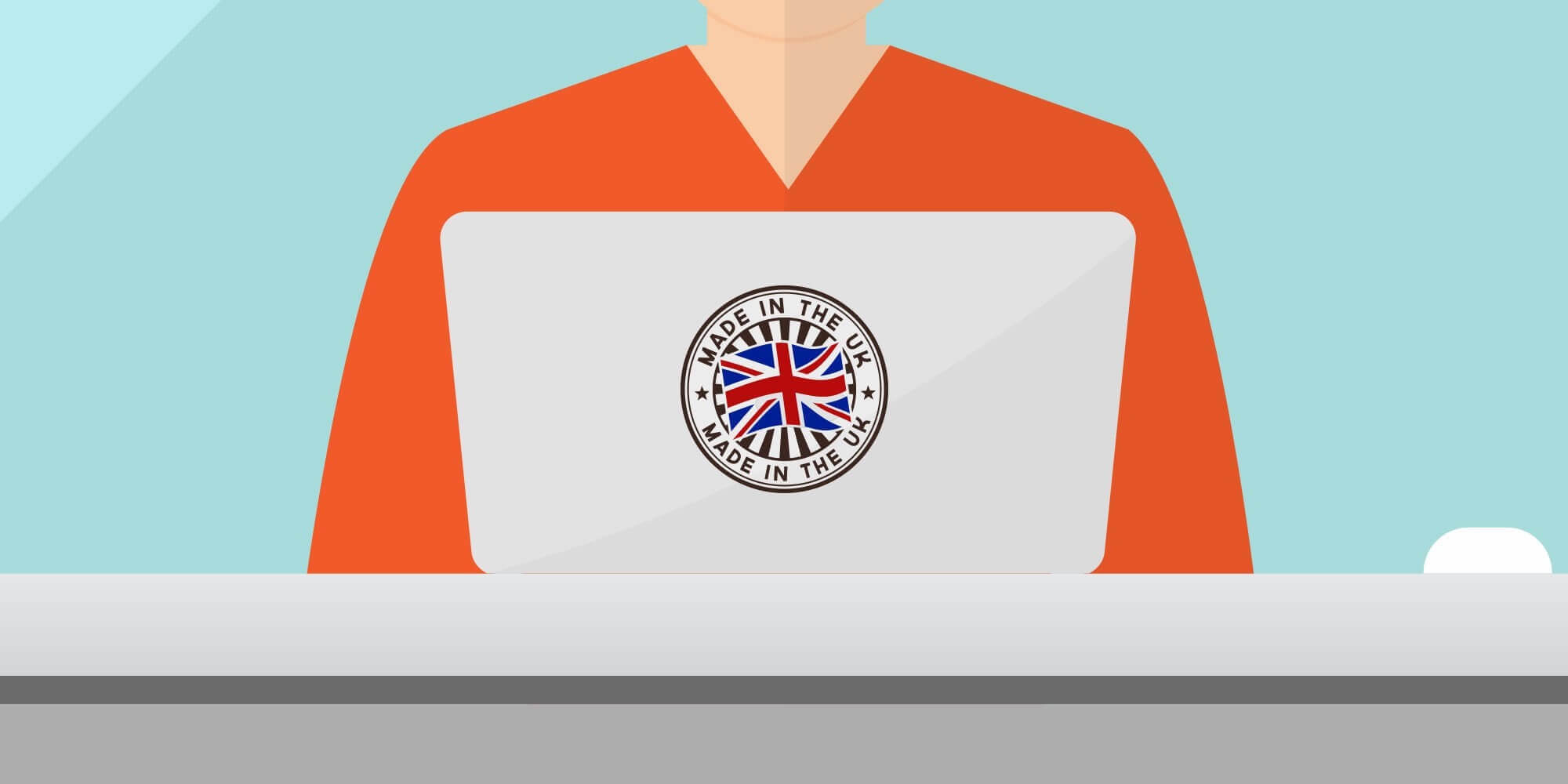Artificial Intelligence: Made in the UK
Posted 20 Mar 2016
What makes the UK such a breeding ground for businesses working with Artificial Intelligence? We asked Alexandre Flamant and John Henderson, Co-founders of the LondonAI meetups, for their thoughts.
Last week, a prototype programme from Google DeepMind achieved what many commentators thought would take at least another decade: it won a five match series of the ancient Chinese board game Go against reigning world champion Lee Sedol.
In doing so, AlphaGo made a number of ‘creative’ moves that flummoxed Go experts – no human would have ever played in such a way. This is true intelligence, even if currently confined to a specific board game. AlphaGo’s achievement was remarkable and signifies a major leap forward in AI research. It is made more remarkable by the fact that it was wholly developed out of DeepMind’s King’s Cross HQ, right in the heart of London.
Over the past few years, we have been excited to watch a number of successful AI companies emerge out of the UK. These include DeepMind, which was acquired by Google in 2014 for a reported $500m, Swiftkey (acquired by Microsoft for $250m in 2016) and a number of other successes such as Evi (acquired by Amazon), VocalIQ (acquired by Apple) and PredictionIO (acquired by Salesforce).
We’ve been delighted to see the continued progress in this space through our London.AI Meetup, and have recently been reflecting on why the UK, and in particular the Oxbridge-London triangle, has become a world leading hub for machine learning startups. Here are a few of the points we gathered so far:
1) The grey matter
Cambridge, Oxford, Imperial and UCL universities all sit within close proximity of each other. Each has a rich pedigree in applied mathematics, computer science and machine learning. Many AI companies begin as research projects and these institutions make perfect breeding grounds for such projects. Both Evi and VocalIQ began at Cambridge, Dark Blue Labs and Improbable began at Oxford, Swiftkey was founded by Cambridge graduates and DeepMind has close ties to all four.
London also benefits from large technology companies like Facebook and Google setting up major engineering groups here. Three years ago, Facebook had a handful of engineers in London. It now has over 200. These folks come from all over Europe, are imbued with the startup DNA, and make ideal founders when it is time to move on.
2) A nurturing ecosystem
Commercially speaking, AI is a nascent field. Academically minded entrepreneurs need support and guidance. Organisations like Entrepreneur First help provide this and we were delighted to see at least half of their fifth cohort of companies focused on applying machine learning to different problems. The UK also has a strong network of angel investors and early stage venture funds such as White Star Capital, Notion Capital and Playfair who are willing to back companies in this space.
3) Clients, clients, clients
The UK also has one of the highest mobile penetration rates globally and it comprises a large and affluent market – it is a great place for a new business to acquire early users. London is a global commercial centre, with many of the world’s largest firms headquartered within its city limits. For a startup targeting large business clients, there is nowhere better to gather early feedback and scale aggressively.
4) Spill over from other verticals
Machine learning can be applied to improve processes and systems in many industries. It is therefore not surprising to see London’s diversity reflected in the AI startups it is producing. Companies like Aire are applying machine learning to produce better credit scores, Magic Pony is using AI for video compression, Tractable is making inspection tasks cheaper and more efficient, Improbable is conducting complicated simulations for large enterprises and ThirdEye is using trend analysis and machine vision to curb in-store theft.
5) Role models
Entrepreneurs need role models. Every exit or success creates a feedback loop, creating a new generation of seasoned and financially capable entrepreneurs who will fund and guide the next big thing in machine learning. One of the earliest applications of machine learning was quantitative trading. High frequency traders were able to benefit from the power of machine learning to give themselves a competitive advantage. They demonstrated a commercial application for AI, which inspired a generation of entrepreneurs to pivot into other verticals.
Where to from here?
London is a global leader in AI. We have some of the world’s best talent, the right ecosystem and venture funding with an appropriately high risk appetite. Most importantly, we have successful startups to point to. Google DeepMind’s victory last week in Korea was not just a victory for AI, it was a victory for London AI.
Alexandre Flamant, VC Investor at Notion Capital and John Henderson, Principal at White Star Capital, run the London AI meetups. You can follow them on Twitter at @AlexCFlamant, @johnhenderson and @LDN_AI.